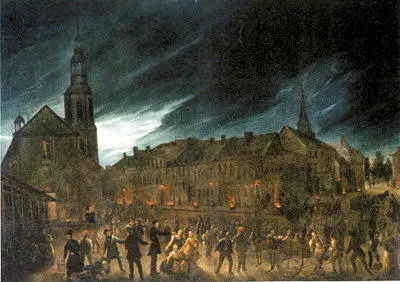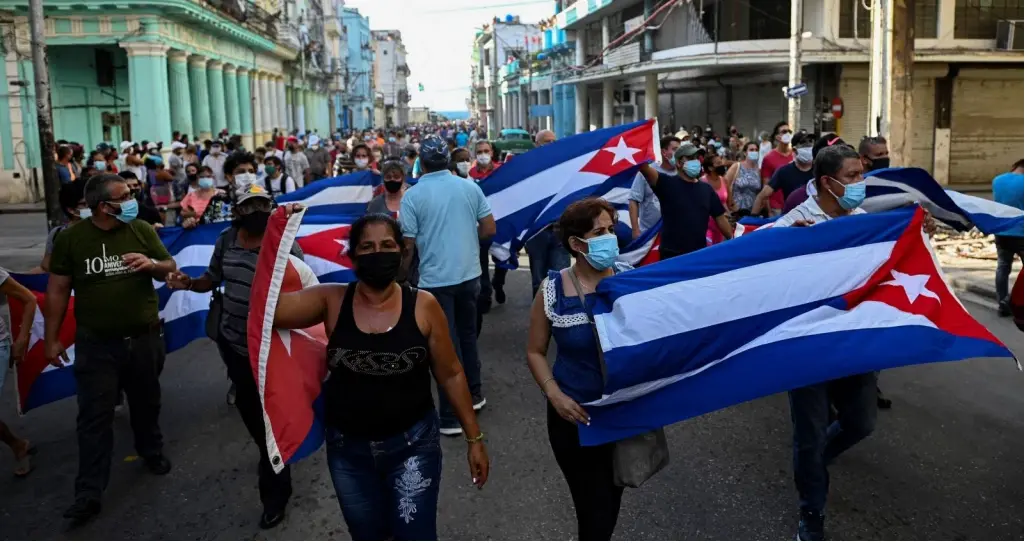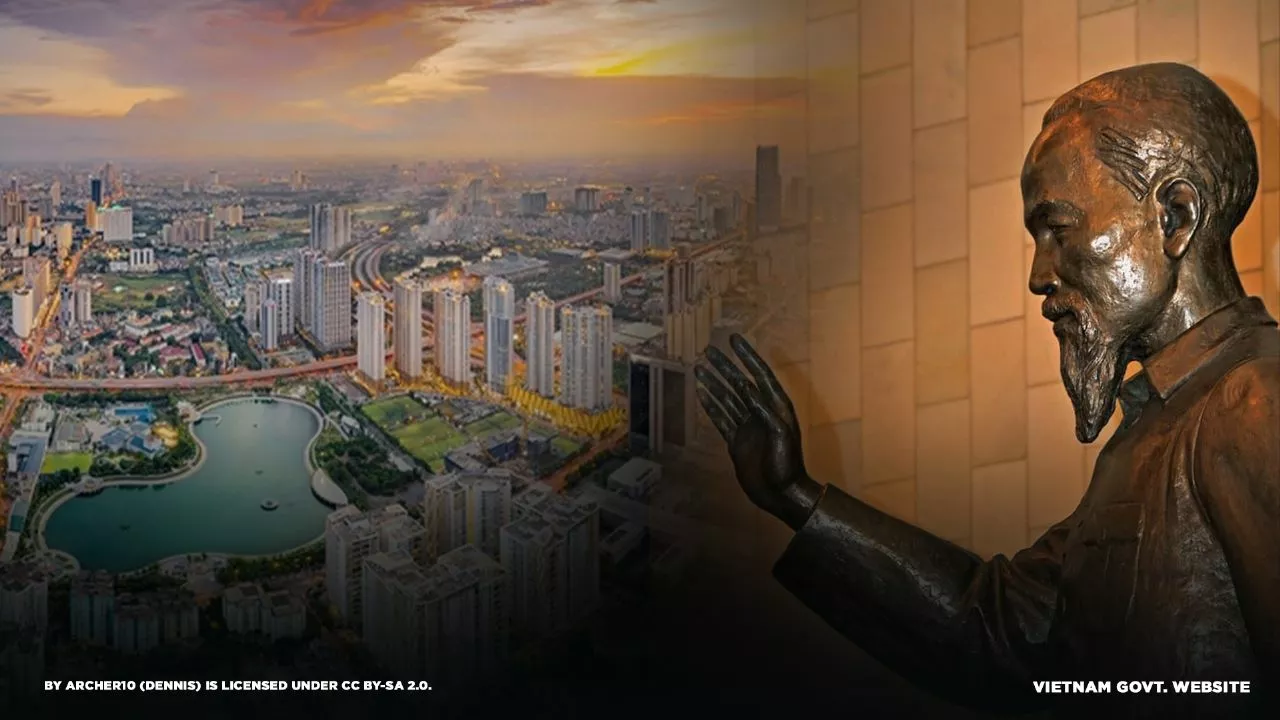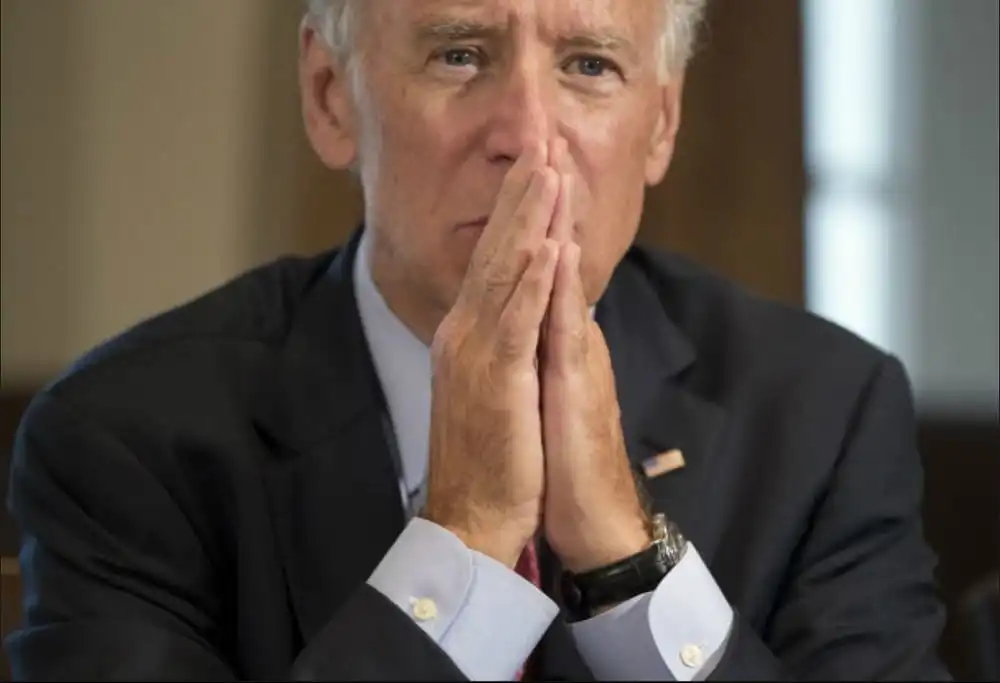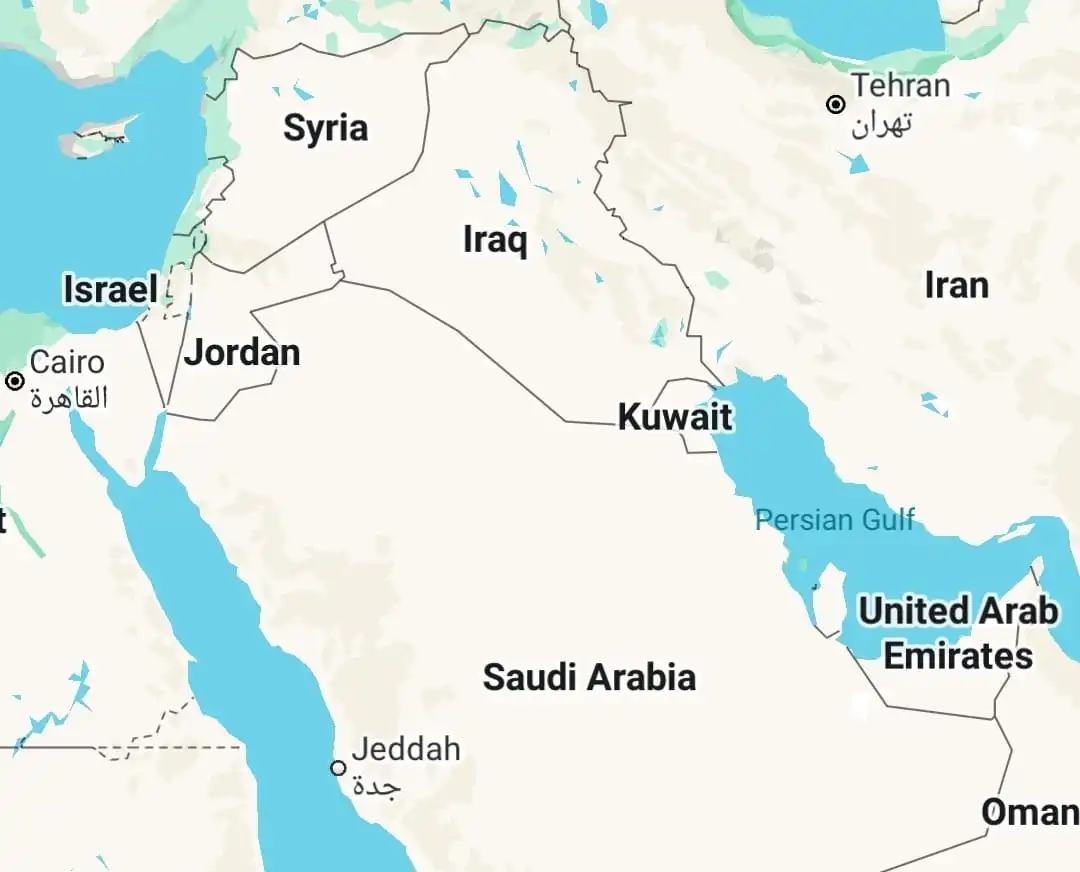Foreword by the Editor- Adele Cain
Few writers could give us as rich and interesting a portrait of Quebec City as we have been graced with by Luis Lázaro Tijerina, a respected military historian. He first came to the city more than a half-century ago, as a young man opposed to the Vietnam War and rightly determined to resist the draft; that is covered here, but most of the account is about his experiences since his return to the city last year, under the shadow of Covid-19, which he also reflects on. Interwoven with cultural commentary, social observations and vibrant personal anecdotes are his reflections on the city’s historical background and its relationship to colonialism, viewed through a steadily analytical, Marxist lens. The author’s account, replete with historical and literary allusions, is thus simultaneously a personal one and a social and political one, and it is all the stronger for combining the two approaches.
For Domenico Losurdo, Italian philosopher & political historian
Chapter I: Burlington to Quebec City
To love one’s country is not a marriage of convenience. When one departs from one’s country, then it should be for good reason, with the possibility that the separation may end in divorce. However, having decided to visit or spend time in another country, we should expect that finding a greater love is possible, or that finding that you miss being in love with your country of birth is also possible. It would not be appropriate to say that I came to Quebec City to fall in love with the fortress lady, given that I am historian by education; as to why I always come back to her, it is for complex reasons, like a man returning again and again to his mistress.
I came here on a cold December day in 2019 to write about the Battle of Québec in 1759 but was instead assaulted by the plague in the month of March 2020. I would soon come to realize that the Covid-19 plague would unmask for me a French-Canadian city that I thought I knew, since I had been visiting her since I was twenty-four years of age. I came to this historical city after resisting a call-up draft letter from the American government during the Vietnam War (known as “The American War” by the Vietnamese people), and after reading Civil Disobedience by Henry David Thoreau. At the time I was also delving into military theorists like Von Clausewitz and Vo NyguenGiap, men whose intellectual intensity I could understand. This would be in 1965 or 1966, as in old age I cannot remember and perhaps care not to remember the year. I do remember meeting a fellow draft resister from Michigan at a safe house in Toronto. His name was Ken Ackerman, at least that is how I remember it, and I remember that we both had an interest in literature, particularly Russian novelists.


After a brief stint in that English-speaking Canadian city, we decided to go to Quebec City, as we had heard how much it was closer to French culture, which we appreciated in our different ways, even the writings of Flaubert and Balzac. But then, we also had our social differences, as we did not come from the same class backgrounds. Ken came from an educated bourgeois family, his father being a doctor, but again because of the many years now passed, I cannot be sure of that being entirely true. Regardless, Ackerman was keenly intelligent and brilliant in conversation and had a worldly outlook that made me comfortable to have him as a friend. I can also say that he was generous with his money, as he knew I had no funds to speak of. After crossing the Peace Bridge at Buffalo, New York he paid for our trip to a city we knew to have both cannons and beautiful French-Canadian women.
We were shocked at the first sight of the city’s quaint houses, painted with bright purples, reds and blues. We gaped at the Château Frontenac, surprised at finding such a magnificent hotel in North America. However, during our stay in the walled city, we also traveled to Île d’Orléans, on the same day we arrived at Québec. We had heard much about the island, not only from a Michelin travel book on Quebec City, but what a few people had told us when we had reached the city on the cliff. Once we were able to rent out a small room, we took off in Ackerman’s small but sturdy sedan to the island. We drove around the entire island, and back then there were no highways, only dirt roads, and it was autumn. We saw many girls and young women wearing black skirts, and white blouses with cameo brooches at the throat. They had their pitch-black hair in plaits and their dark eyes were stunning to see, and Ackerman drove very slowly, as we passed them on the road, as they headed for school that day.
My draft-resister friend and I both had our own agenda on the island. Ackerman being more philosophical and literary in his outlook on life, wanted to walk along the south shore of the island, which viewed from above or on a map resembled a stone-age dagger. When we stopped the car, it was at the same place that General Wolfe landed his British troops on June 27, 1759. Ackerman decided that the large white and gray boulders with the waves washing in and out were too much for him and he preferred a quieter place, so he walked a little way off alone. I stood at the spot where British troops had once set foot, and I had stayed there for a reason: I wanted to finally come to terms with whether I would give up my American citizenship, and this was the place to make that decision. We had been in Quebec City for a week when we decided to go to Montreal, and then my friend decided he missed Michigan, and went back to the States.
Years later, when I had already returned to the United States, after staying in Canada not quite a year, a mere twenty-four-year-old youth, I sought through a court the return of my citizenship. This went all the way to Secretary of State Henry Kissinger to sign off on at the Paris Accords in France. I clearly remember my admiration for North Vietnamese politburo member Lê Đức Thọ who worked tirelessly to end the war. I remember how I loathed Kissinger, regardless of whether he signed the papers which allowed me to once again be a citizen of the United States, though because of a major breakdown in Montreal, I had already been back for about five years.
I mention this event in passing, so that the reader can get an idea about my subtle transformation during my first stay in Quebec City, where for the first of many times in later life I would walk through Battlefields Park on the Plains of Abraham. During my first escapade in the fortified city, I drank my share of wine and spent time in Upper and Lower town. On our road trip to Île d’Orléans Ackerman and I gave a student a lift to Quebec City, after seeing her attempting to hitch a ride from the island. Louisa Pettigrew was a brilliant young woman with large brown eyes and dark hair. Both Ackerman and I were taken with her beauty, and she came to our room, where we shared a small lunch and drank a bottle of red wine.
Thinking that Louisa was more interested in Ackerman than me, I went into the small bedroom, and was surprised to hear a knock on the door. It was Louisa, who asked me if she could come in. We lay on the bed, talked about our lives, and listened to music from the film “Un homme et une femme”. We kissed and held each other, and she told me how she loved listening to the beating of my heart. She was younger than I, so I allowed her to have her youthful fancy about our meeting. She came one more time to visit me, and we took an evening walk to the Lower Town below the walled city. It was on a small wooden bridge that Louisa showed me a book by the French feminist writer Simone de Beauvoir, and she asked me seriously if I thought she had the answers to life and existence. I pulled Louisa into my arms and kissed her, then I took the book and tossed it over the bridge into the night, saying to her with a smile, “Louisa, here is your answer to life, our kiss.” She seemed stunned and her classical features glowed. She went back that night to the island, and I never saw her again.

I had given her my address. When I finally returned to Wichita, Kansas about a year later, I found that she had sent a letter to my mother’s home. She was the first French Canadian woman that I had ever kissed, and I wondered for many years if she was the woman; if I should have stayed somehow and some way. These were just some of the innocent occurrences of my early trips to Québec, and although there would be other experiences before the plague came upon us, it was those years of reckoning that were to bind me to the city of cannons and cold light.
I would like to relate another incident that happened in my youth regarding my fate to eventually come to Quebec City. After I had embarked on a Greyhound Bus that first brought me to the Canadian border as a draft resister, a Canadian Border Guard explained to me that I had to talk to his superior, so that it could be determined if I would be allowed to stay in Canada. I entered a small room, well-lit and very warm, for it was early autumn. There was a large, wooden desk, and sitting behind it was a stout man with a round face, and the saddest eyes I had ever seen in my life. I would say he must have been in his late fifties or early sixties. In a booming but at the same time gentle voice, he told me his name and revealed that he was of Scottish origins. Then almost immediately, he told me he hated war, and that he was interested in hearing why I did not want to join the American Army and go to war. I told him that I was a former university student majoring in Western Intellectual History. Then, nervously, but with all the calm I could muster, I began to explain my interest in the Peloponnesian War, and how I had read Thucydides’ History of the Peloponnesian War. He looked at me very seriously and said that I reminded him of a certain diplomat, who served in England. Naively, I blurted out, “Churchill!” and made the victory sign with my two middle fingers. He looked at me and said emphatically “No, no, no! Anthony Eden!” I had made a bad mistake. Then, knowing full well that Sir Anthony Eden had been a Foreign Minister for the English Government under Churchill, I explained as calmly as I could that I had read The Eden Memoirs: the Reckoning and The Eden Memoirs: Full Circle and that I admired his sense of tact and diplomatic career, as I studied his life at Kansas State University. The old Scotsman sat back and said to me quietly, “I'm going to let you come into Canada, and you do something good for the world. Become a diplomat!” Of course, I never accomplished what that official wanted for me, but I never forgot his kindness, and in essence, he saved my life.
When I was in the first months of lockdown in Quebec City, I browsed the internet looking for books of memoirs of the city, unable to return to my country due to the plague. Seeing a review of Henry David Thoreau’s small book entitled A Yankee in Canada, I ordered it. The book was not even a hundred pages long, yet was one of the most naïve, playful and insightful observations on Quebec City and the villages surrounding the walled city, I have ever read. It was also Thoreau’s book on Canada and Quebec City that made me think back to the old Canadian Scotsman. Being a military historian, I thought of the irony, as it was the Scottish Highlanders, wielding their broadswords, that had helped defeat Montcalm’s troops on the Plains of Abraham, and a shudder went down my spine. Remembering all that happened to me on my first trip to Québec, I thought I would write a memoir of my time in Quebec City, as the great New England author, Thoreau, had done during his trip to that same city in a different time. It was then that I began to record my first year of the plague in Quebec City, and how I faced it.
